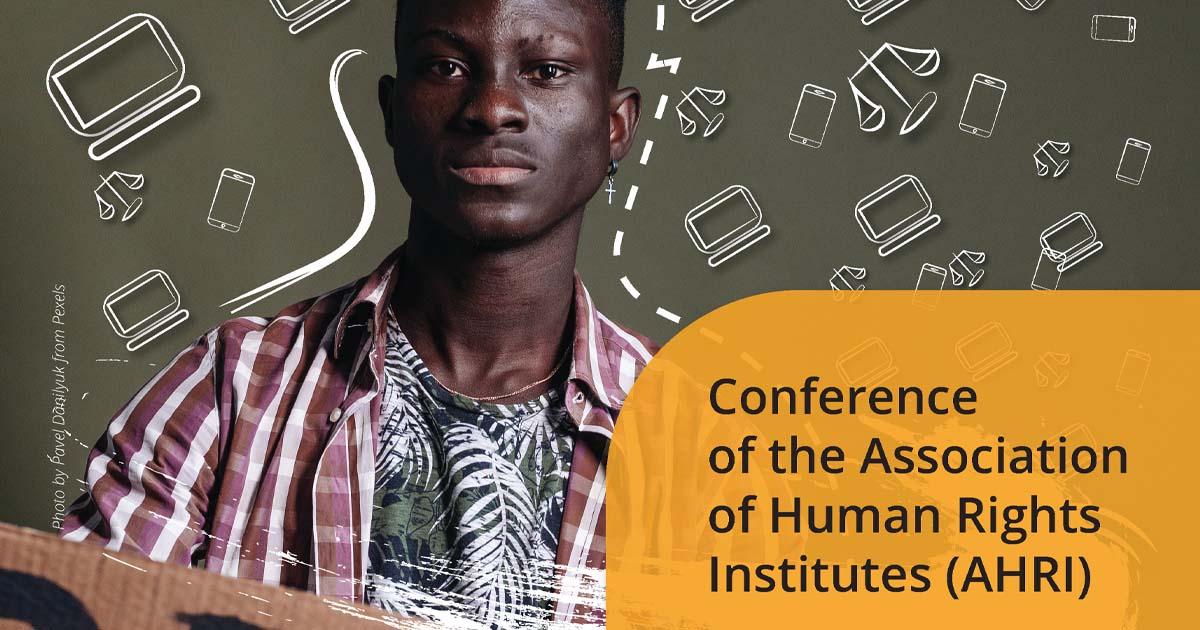Future Africa
The conference will be held at Future Africa which is located on the University of Pretoria experimental farm, 3 km east of central Hatfield (Google maps: 67X6+98 Pretoria). Entrance is through the University of Pretoria Sports Campus on South Street. It is a pleasant walk of less than 40 minutes through nice scenery from central Hatfield. Alternatively, you can use Bolt, Uber or a shuttle bus for transport to/from central Hatfield.
Facilities
To view the conference facilities at Future Africa, please visit www.futureafrica.science/campus/conference-facilities
Wifi
Wifi is available throughout Future Africa and login details will be provided in advance for all registered participants. Free wifi is also available at many hotels, restaurants and coffee shops in Hatfield.
Accommodation
Participants are responsible for travel, accommodation and other meals.
Travel information
The closest international airport to Pretoria is OR Tambo International Airport in Johannesburg. From the airport, you can take a shuttle (around 500 ZAR one way). There are a number of shuttle companies, for example, EZShuttle, www.ezshuttle.co.za. If you book a shuttle your driver will hold a sign with your name as you exit from the baggage claim area. Alternatively, you can take the Gautrain to Hatfield (change at Marlboro station). The Gautrain cost 192 ZAR one way. You can use a contactless card to pay for your ticket. The Hatfield Gautrain station is centrally located in Hatfield, 3 km from Future Africa where the conference will be held. For local transport within Pretoria, the easiest way to get around is with Bolt or Uber.
Accommodation at Future Africa
Participants can book rooms at Future Africa, https://www.futureafrica.science/campus/accommodation
The room rate is R900 per room per night and includes breakfast.
Send an email to accommodation@futureafrica.science to book a room at Future Africa.
Accommodation in Hatfield
There are also many hotels, guesthouses and hostels in Hatfield and Brooklyn from which the conference venue can be easily reached.
Electricity plugs
 South Africa has its own electrical plugs that are not compatible with those of other countries (https://www.worldstandards.eu/electricity/plugs-and-sockets/, type M). In some hotels etc there are also plugs that are compatible with type C plugs, which is the standard plugin much of Europe, South America and Asia. A limited number of charging points will be available in the conference venues.
South Africa has its own electrical plugs that are not compatible with those of other countries (https://www.worldstandards.eu/electricity/plugs-and-sockets/, type M). In some hotels etc there are also plugs that are compatible with type C plugs, which is the standard plugin much of Europe, South America and Asia. A limited number of charging points will be available in the conference venues.

Centre for Human Rights, University of Pretoria
The Centre for Human Rights, University of Pretoria, is an internationally recognised university-based institution combining academic excellence and effective activism to advance human rights, particularly in Africa. It aims to contribute to advancing human rights, through education, research and advocacy.

Centre for Human Rights Science at Carnegie Mellon University
The Centre for Human Rights Science at Carnegie Mellon University advances human rights by harnessing the power of science and technology for those fighting against inequities and abuses of power. It facilitates partnerships between academic researchers and human rights practitioners and provides technical assistance to individuals and organizations devoted to human rights. www.cmu.edu/chrs

Association of Human Rights Institutes (AHRI)
The Association of Human Rights Institutes (AHRI), is a network of over 80 member institutions that all carry out research and educational activities in the field of human rights. The member institutions are from over 30 different countries. AHRI’s objective is to bring together human rights researchers from across disciplines, to facilitate the exchange of ideas and collaboration, and to promote research, education and discussion in the field of human rights.
www.ahri-network.org

The Association of Human Rights Institutes (AHRI), is a network of over 80 member institutions that carries out research and educational activities in the field of human rights. The member institutions are from over 30 different countries. AHRI’s objective is to bring together human rights researchers from across the disciplines, to facilitate the exchange of ideas and collaboration, and to promote research, education and discussion in the field of human rights. AHRI is supportive of PhD researchers and the facilitation of exchange between the different member institutions.
AHRI Co-operation Agreement
The AHRI Co-operation Agreement (pdf) was signed in Reykjavik 22 September 2000. Bjarney Friðriksdóttir, former Director of the Icelandic Human Rights Center, was elected as AHRI’s first Chair. The Netherlands Institute of Human Rights accepted to host the Secretariat with Peter Malcontent as Executive Secretary.
The Constitution for the Association of Human Rights Institutes (AHRI) was amended by the AHRI Assembly 21 September 2015.
Secretariat
The Secretariat is elected for a three-year period. The current Secretariat’s mandate expires September 2020.
Chair, Dr. Kasey McCall-Smith, The Global Justice Academy, University of Edinburgh.
Executive Secretary, Dr. Elaine Webster, Centre for the Study of Human Rights Law, University of Strathclyde.
Executive Committee
The member institutes of the Executive Committee are elected in staggered three-year periods and their designated representatives act on behalf of the institutes while on the committee. The current Executive Committee includes:
- Antoine Buyse (Netherlands Institute of Human Rights, SIM)
- Suzanne Egan (University College Dublin)
- Felipe Gómez Isa (University of Deusto)
- Magnus Killander (University of Pretoria)
- Manfred Nowak (EUIC)
- Vesna Petrovic (Belgrade Centre for Human Rights)
- Elizabeth Salmón (Pontificia Universidad Católica del Peru)
- Hans-Otto Sano (Danish Institute for Human Rights)
- Ingrid Westendorp, AHRI Vice-Chair (Maastricht Centre for Human Rights)
- Roman Wieruszewski (Poznan Human Rights Centre)
- Jan Wouters (Leuven Centre for Global Governance Studies)
- Gentian Zyberi (University of Oslo)
Founding history
AHRI was established in 2000 at a founding meeting in Iceland hosted by the Icelandic Human Rights Centre.
All active European academic human rights institutes were invited to join and the following founding members met in Iceland:
- Norwegian Centre for Human Rights (NCHR), Faculty of Law, University of Oslo
- Institute for Human Rights at Åbo Akademi University
- Raoul Wallenberg Institute of Human Rights and Humanitarian Law
- Danish Institute for Human Rights
- Icelandic Human Rights Center
- Netherlands Institute of Human Rights (SIM)
- Ludwig Boltzmann Institute of Human Rights
Website
For further information and news about AHRI please visit the AHRI website
www.ahri-network.org.
Conference: Association of Human Rights Institutes 2022
Conference: Association of Human Rights Institutes 2022 (#AHRI2022)
Pretoria, South Africa
2-3 September 2022

The Centre for Human Rights, University of Pretoria, will host the 2022 Conference of the Association of Human Rights Institutes (AHRI) on 'Technology and the future of human rights'.
Technological developments have made what was once science fiction reality. This gives some hope for a utopian future while others get nightmares. It also highlights the extent to which technologies that are not explicitly designed with human rights and equity in mind have tremendous potential to do harm.
In most societies companies monitor and monetize our activities online for profit and governments have tremendous capacity to monitor us both online and in the physical world. They generally do so in the name of public safety, but often with the goal of silencing dissenting voices and preventing people from organizing for structural changes within the economy and society.
COVID-19 has led to misery around the globe but also illustrates how technological developments can make a difference, most significantly through the rapid developments of vaccines. However, there are serious inequities in making the fruits of technological developments such as vaccines globally available. COVID-19 has been not only a medical pandemic but also an inequality pandemic. The climate crisis also highlights global inequalities which equitable access to technological developments could potentially mitigate.
Accountability and public participation are central to the human rights project. Technological developments such as artificial intelligence has the potential to make justice systems more efficient, but human control remains essential. Technological advances are frequently used in elections and other forms of political participation but have often been challenged.
Join us for the first conference of the Association of Human Rights Institute (AHRI) held outside Europe to ponder these questions.
Call for Papers Submit an abstract Register for the conference Logistics Note


